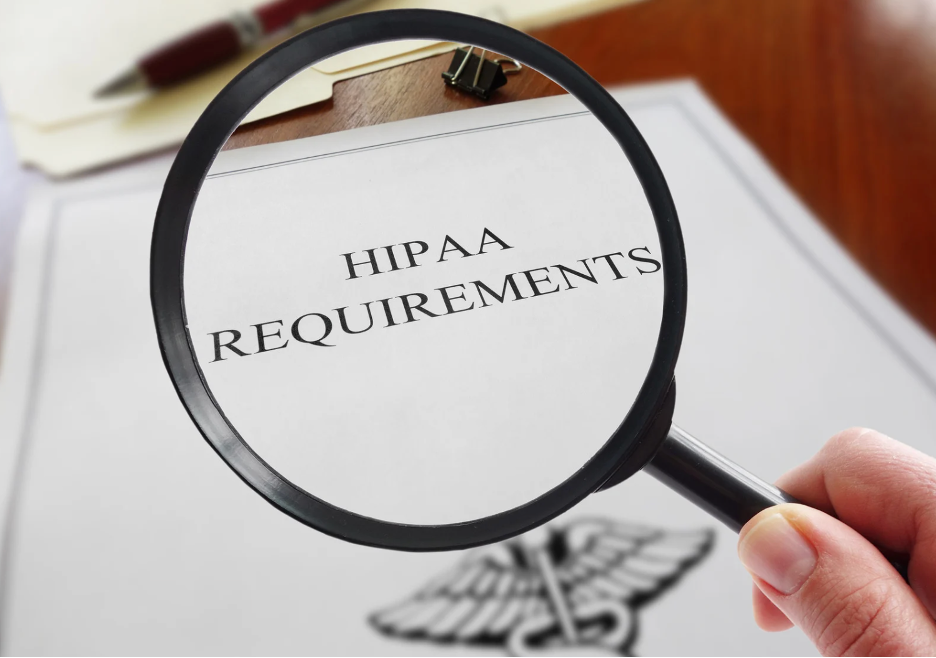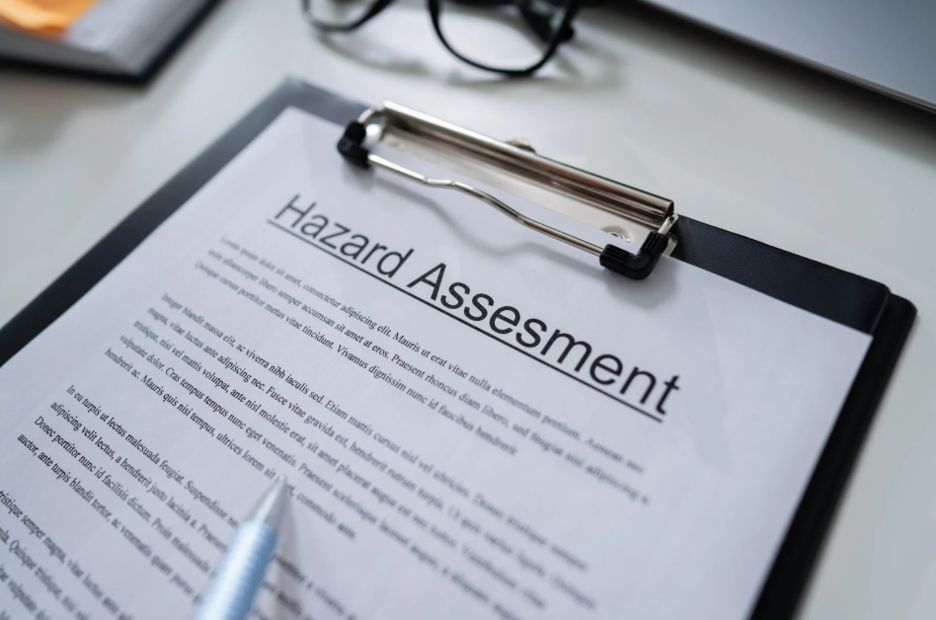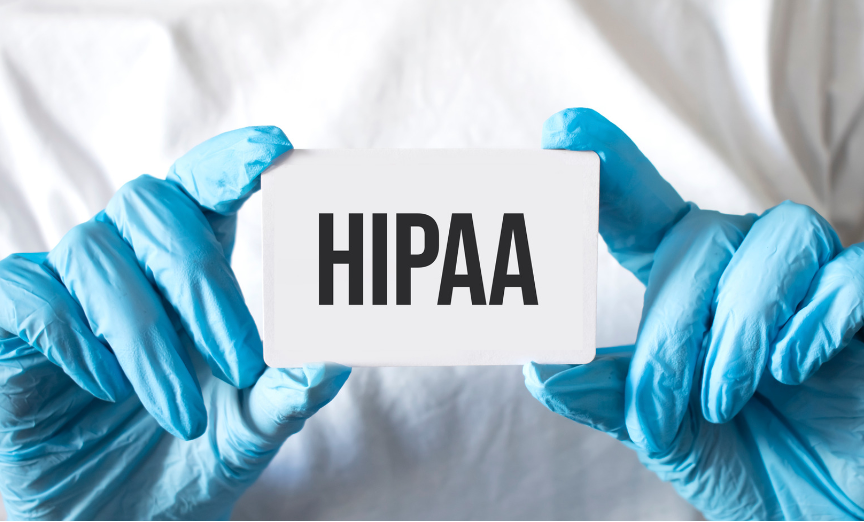Protecting patient privacy isn’t just good practice—it’s the law. Under the Health Insurance Portability and Accountability Act (HIPAA), covered entities and business associates are legally required to safeguard Protected Health Information (PHI). And as of 2025, the U.S. Department of Health and Human Services (HHS) has implemented updated civil monetary penalties (CMPs) that raise the stakes for noncompliance.
Increased scrutiny and enforcement make it more important than ever for healthcare organizations to understand HIPAA requirements and ensure full compliance.
Recent HIPAA Enforcement Trends
The HHS Office for Civil Rights (OCR) has made it clear: privacy and security enforcement is ramping up. In recent years, the OCR has issued fines for violations ranging from impermissible disclosures and failure to conduct risk assessments to lack of timely breach notifications and improper record disposal.
In 2024 alone, HHS resolved multiple high-profile cases with penalties ranging from tens of thousands to millions of dollars—even for small or mid-sized providers.
2025 HIPAA Penalty Updates
As of 2025, HHS has updated its civil monetary penalty structure to account for inflation and clarify maximum caps for violations. Here’s a breakdown of the revised penalty tiers:
| Violation Tier | Minimum Penalty | Maximum Per Violation | Annual Cap (Same Violation Type) |
| Tier 1 (Unknowing, Unintentional or Accidental) | $141 | $71,162 | $2,134,831 |
| Tier 2 (Reasonable Cause) | $1,424 | $71,162 | $2,134,831 |
| Tier 3 (Willful Neglect, Corrected within 30 days) | $14,232 | $71,162 | $2,134,831 |
| Tier 4 (Willful Neglect, Not Corrected within 30 days) | $71,162 | $2,134,831 | $2,134,831 |
These figures reflect annual inflation adjustments and may continue to change year over year.
Common HIPAA Violations That Lead to Penalties
Understanding the most common violations can help your organization stay proactive. These include:
- Lack of Risk Assessments: Failing to conduct or update enterprise-wide security risk analyses.
- Unauthorized Disclosures: Sharing PHI without proper patient authorization.
- Unsecured ePHI: Storing or transmitting PHI without encryption or proper access controls.
- Delayed Breach Notification: Not notifying HHS and affected patients within 60 days of discovering a breach.
- Inadequate Business Associate Agreements (BAAs): Not having proper contracts with vendors who handle PHI.
- Timely Access to Patient Records: Covered entities must provide access in the form and format requested, whether paper or electronic. Timely responses, typically within 30 calendar days, are encouraged, and extensions are allowed under specific circumstances.
How to Strengthen HIPAA Compliance in 2025
- Conduct or Update a Risk Assessment
OCR expects a thorough and up-to-date Security Risk Assessment (SRA) from every covered entity and business associate. - Review and Revise Policies
Ensure HIPAA Privacy, Security, and Breach Notification policies reflect current rules, technologies, and workflows. - Train All Staff Regularly
Employees must understand how to recognize and report HIPAA violations. Both covered entities and business associates are required to comply with the HIPAA Privacy and Security training standards. Best practices suggest periodic refreshers. - Audit Your Vendors
Confirm that all business associates sign compliant BAAs and follow HIPAA security requirements. - Prepare for Breaches Before They Happen
Create and test your incident response plan to ensure timely notification and documentation if a breach occurs.
Proposed Changes as part of the HIPAA Security Rule Notice of Proposed Rulemaking (NPRM)
- Enhanced Cybersecurity Protections and Expectations.
- Conducting the HIPAA Security Risk Analysis more thoroughly.
- Requiring covered entities and business associates to conduct internal compliance audits.
- Verifying business associate security measures annually.
- Testing incident response plans annually.
- Enhanced access and transparency.
- Health Plan Sponsor Compliance.
- Time limits for data restoration.
- Changes to better protect patient data.
- Stronger penalties.
Stay Ahead of Enforcement
HIPAA enforcement is no longer reserved for the biggest hospitals and health plans. Small practices, clinics, and business associates are equally at risk if compliance is not maintained. With higher penalties now in effect, even a single violation could have significant financial and reputational consequences.
At MedSafe, we help healthcare organizations navigate HIPAA compliance through customized training, audits, and policy development. Don’t wait for an audit or breach to reveal a gap—take action now to protect your practice and your patients.
Contact us today to schedule a HIPAA compliance review or training session.
Additional Resources:



